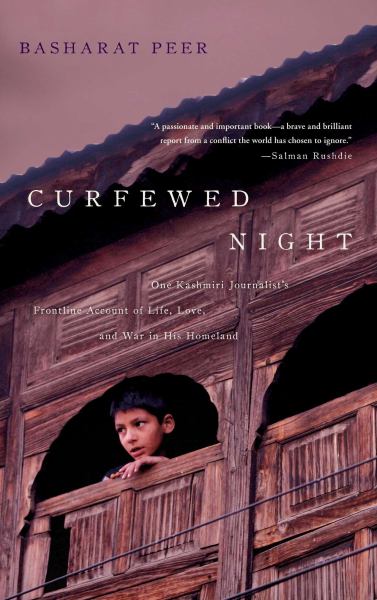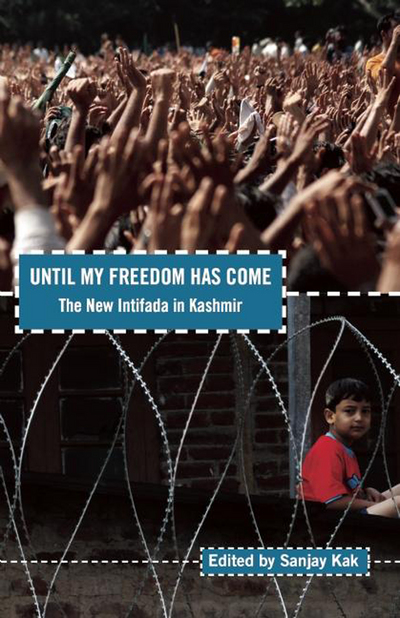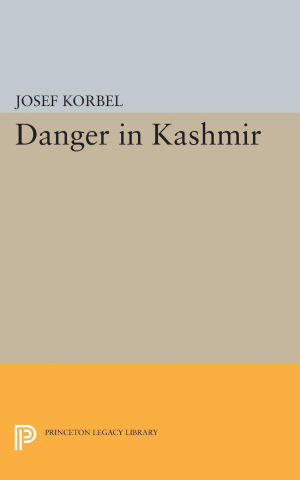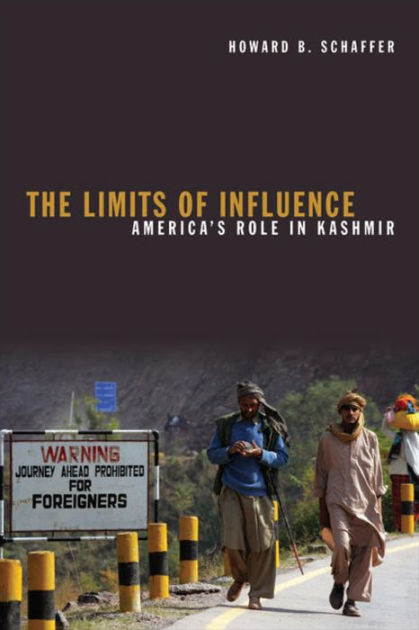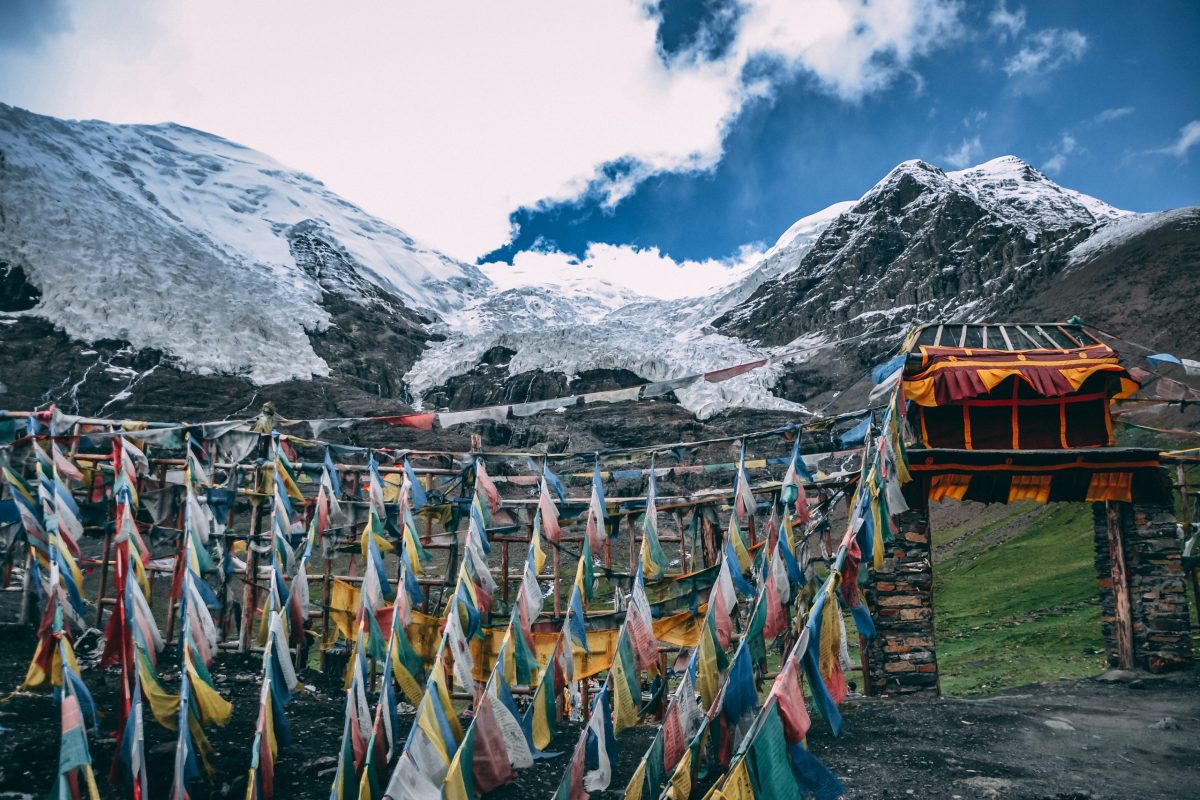Reading Lists
8 Books to Help You Understand the Kashmir Conflict
Nonfiction and novels that illuminate the dispute over the region
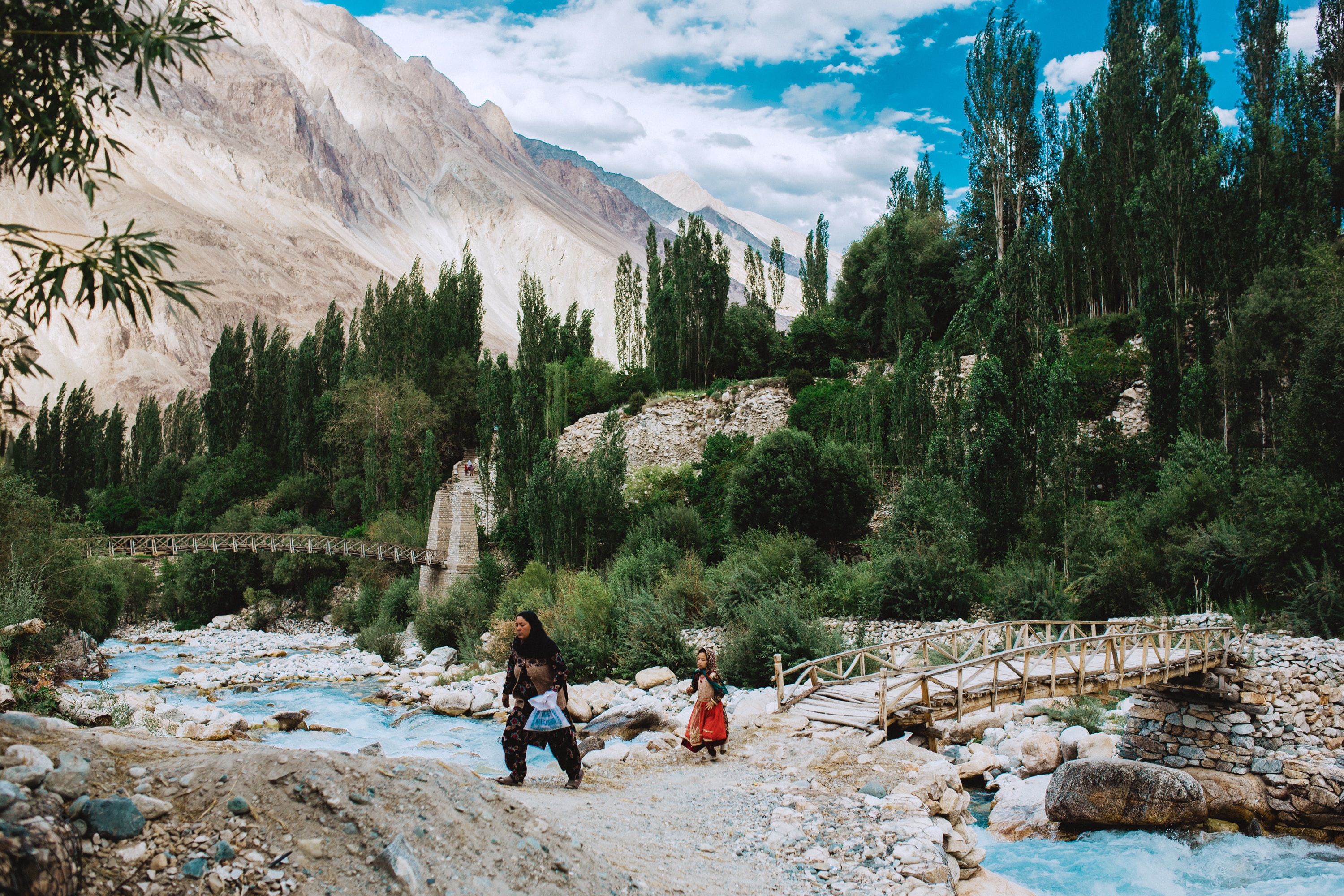
The region of Kashmir has been in conflict for more than 70 years. The dispute began in began in 1947 when the partition of British-colonized India that created two newly independent countries along religious lines: India and Pakistan. The Maharaja of Kashmir, a Hindu who ruled over Muslim subjects, did not want to join India or Pakistan. He preferred to have an independent Kashmir. But soon after the partition, the Pakistani tribals invaded Kashmir. They declared that as a Muslim dominant state, Kashmir should have acceded to Muslim majority Pakistan. The Maharaja of Kashmir turned to India for help. India agreed but on the condition that Maharaja signed an instrument of accession. It was decided that after the intruders are cleared out, the people would be given the right to vote for a proper referendum. That referendum never took place.
Since 1947, India and Pakistan have waged three wars over Kashmir. The people of Kashmir have demanded a referendum to be held, but the Indian government has mercilessly crushed any dissent. Almost every year, the people of Kashmir revolt and start an uprising, demanding freedom from Indian rule. From the past month and a half, Kashmir is again on the edge and its population placed under lockdown. In early August 2019, the Indian government (the Hindu nationalist party, Bharatiya Janata Party) scrapped the Article 370 and Article 35A of the constitution. Those articles gave Kashmir a limited autonomy and conferred certain rights like to a separate constitution and flag, among others. The people of Kashmir saw this as a death of their fragile autonomy and a betrayal from India.
Here are 8 books to help you understand the conflict in Kashmir:
Curfewed Night by Basharat Peer
With Curfewed Night, Peer paved the way for Kashmiri writers to tell their own stories through literature. A searing memoir of growing up Kashmiri in the 1990s, the book sheds light on the young men who crossed the border for military training in Pakistan. In the second half of the book, Peer writes about how the Indian security forces oppressed the local population and how the freedom movement was crushed by state-sponsored terrorism.
The Book of Gold Leaves by Mirza Waheed
In Mirza Waheed’s second novel The Book of Gold Leaves, we have a classic Shia-Sunni love story set against the backdrop of the conflict in Kashmir. Faiz, a Sunni papier-mâché artist, falls in love at first sight with Ruhi, a Shia girl. The turning point in Faiz comes when his god-mother is killed in a cross-fire by the Indian army. At that moment he decides to become a militant and go to Pakistan for training, leaving Ruhi alone in Kashmir. His love letters to Ruhi are smuggled to Kashmir via Nepal. “I couldn’t take it anymore,” writes Faiz in one of his letters to his beloved.
Until My Freedom Has Come edited by Sanjay Kak
The summer of 2010 was the beginning of non-violent protests in Kashmir. Until My Freedom Has Come, edited by Sanjay Kak describes the 2010 Kashmir “intifada.” It is an anthology of essays, interviews, cartoons, poems, and songs. What makes it stand out is that almost all the contributors are Kashmiris, which was missing in the literature produced before. Here you read the first-hand account of street protests and the growing desire among Kashmiri youth for the Azaadi or freedom from the Indian rule.
Munnu: A Boy from Kashmir by Malik Sajad
Malik Sajad’s finely crafted Munnu: A Boy from Kashmir is the only graphic novel to come out from Kashmir. Inspired from German expressionist wood prints, Sajad paints a harrowing picture of what it’s like to come-of-age in Kashmir. The local characters are anthropomorphized as Kashmiri Stags, an endangered native species. Rather than viewing Kashmir as a geopolitical problem, he prefers to see the conflict through the lens of humanity. This brilliant piece of literature won the Verve Story Teller of The Year award in 2016.
Danger in Kashmir by Josef Korbel
Any discussion on Kashmir is incomplete without understanding the role United Nations played in the dispute. The book is written by Joseph Korbel, the Czech-American diplomat and father of the former U.S. secretary of state Madeleine Albright. Danger in Kashmir sheds light on the early U.N. interventions in solving Kashmir conflict. Korbel explains why Pakistani tribals invaded Kashmir and what made the Maharaja of Kashmir sign the instrument of accession and Lord Mountbatten’s role in it. The book delves into the work of United Nations representatives, their negotiations with the governments, and why they ultimately failed the solve Kashmir.
Do You Remember Kunan Poshpora? by Essar Batool, Ifrah Butt, Munaza Rashid, Natasha Rather and Samreena Mushtaq
One night in February, Indian security forces raided a village in Kupwara. They imprisoned all the men of the village and raped 31 women in two hamlets: Kunan and Poshpora. Do You Remember Kunan Poshpora? is a brave attempt to expose the war crimes committed by Indian security forces in Kashmir.

Kashmir: A Disputed Legacy by Alastair Lamb
In Kashmir: A Disputed Legacy, Alastair Lamb delves into the genesis of the conflict. Because of a 1994 order by the Indian home ministry that forbade the import of books about Kashmir written by foreigners, Kashmir: A Disputed Legacy is unavailable in India. In the book, Lamb argues that Kashmir’s accession to India in 1947 was invalid because the people of Kashmir were not consulted at the time and their desires were never take into consideration by the Maharaja. He maintains that the actions of the Indian army in Kashmir in 1947 were illegal on judicial grounds. Kashmir: A Disputed Legacy has been a favorite to all scholars who have challenged India’s claim on Kashmir.
The Limits of Influence: America’s Role in Kashmir by Howard B. Schaffer
The Limits of Influence: America’s Role in Kashmir is an important read to understand America’s diplomatic attempts at solving the Kashmir conflict. Schaffer, a retired diplomat living in India, looks at Kashmir from 1948 until Obama’s presidency in 2008. He explains why John F. Kennedy took a different position from his predecessors on the conflict and how it helped America maintain good relations with both India and Pakistan.




